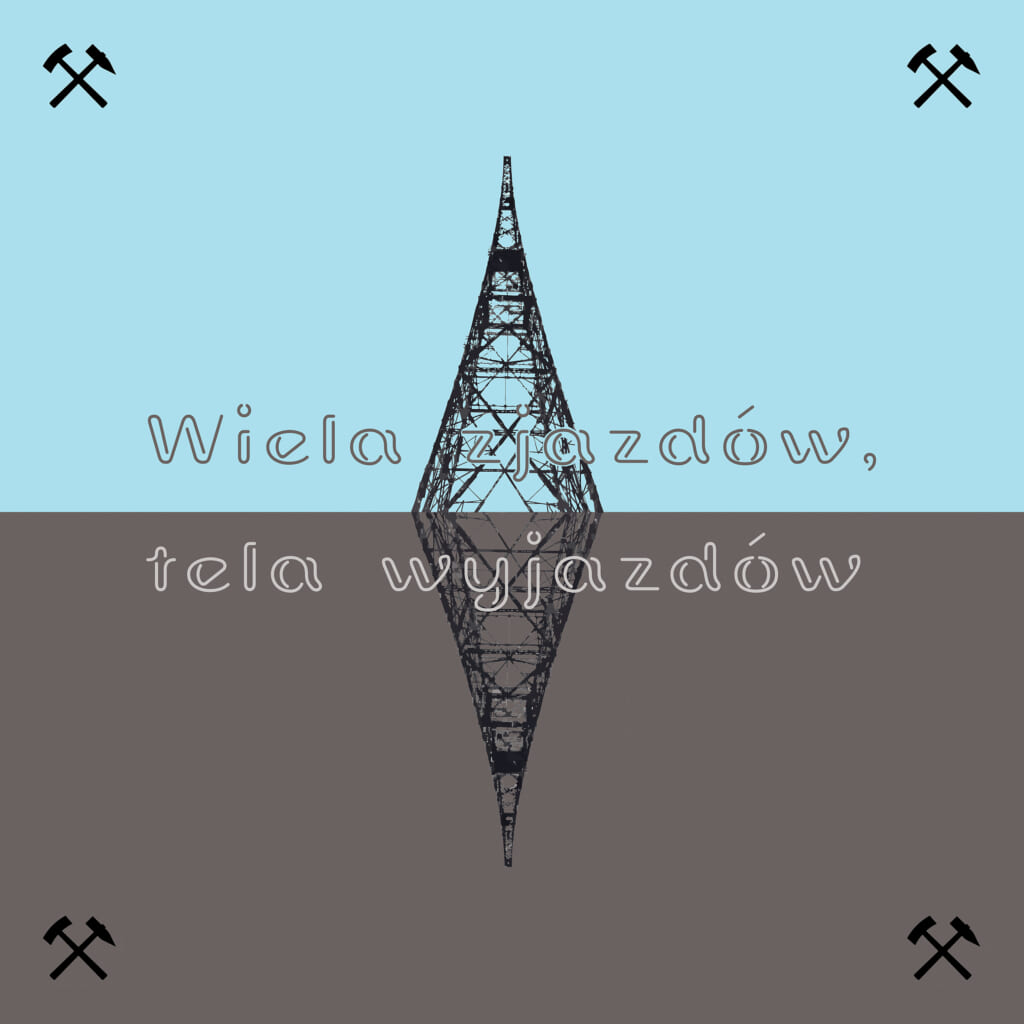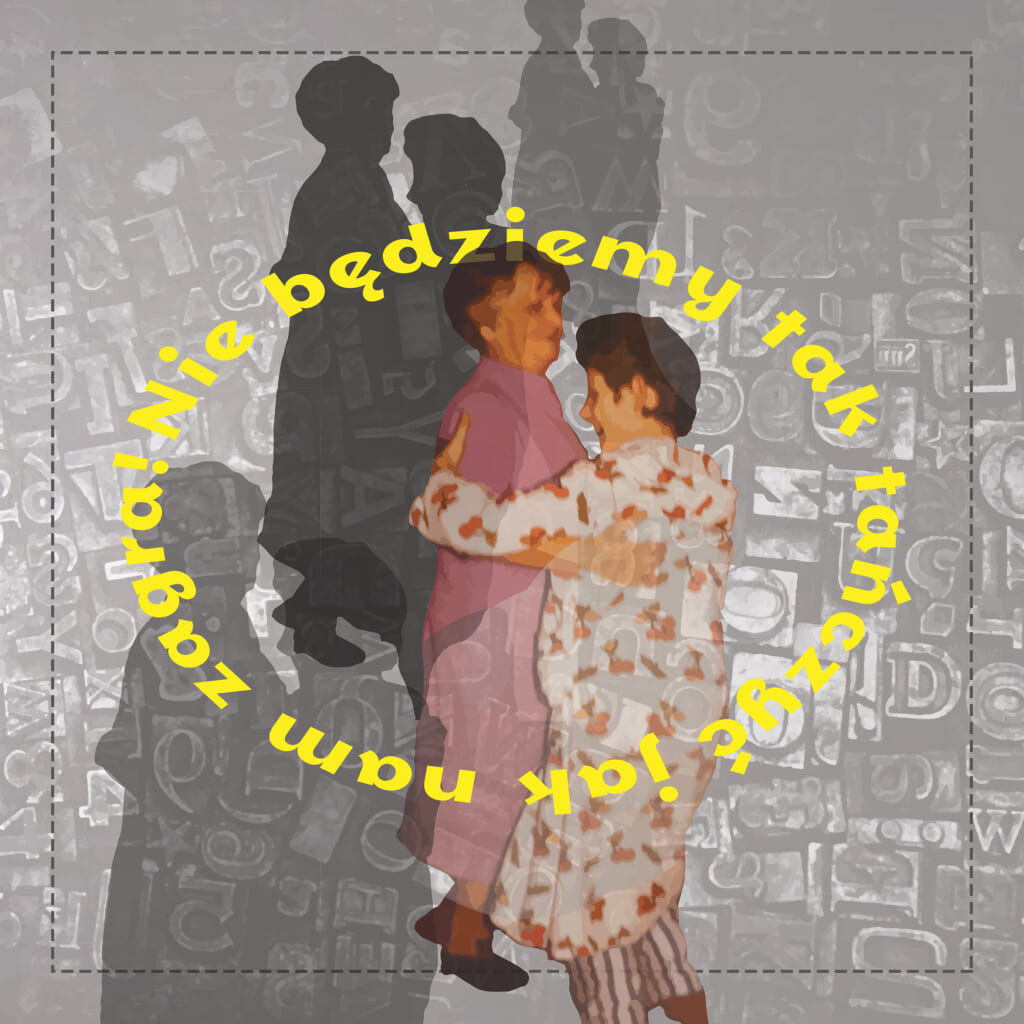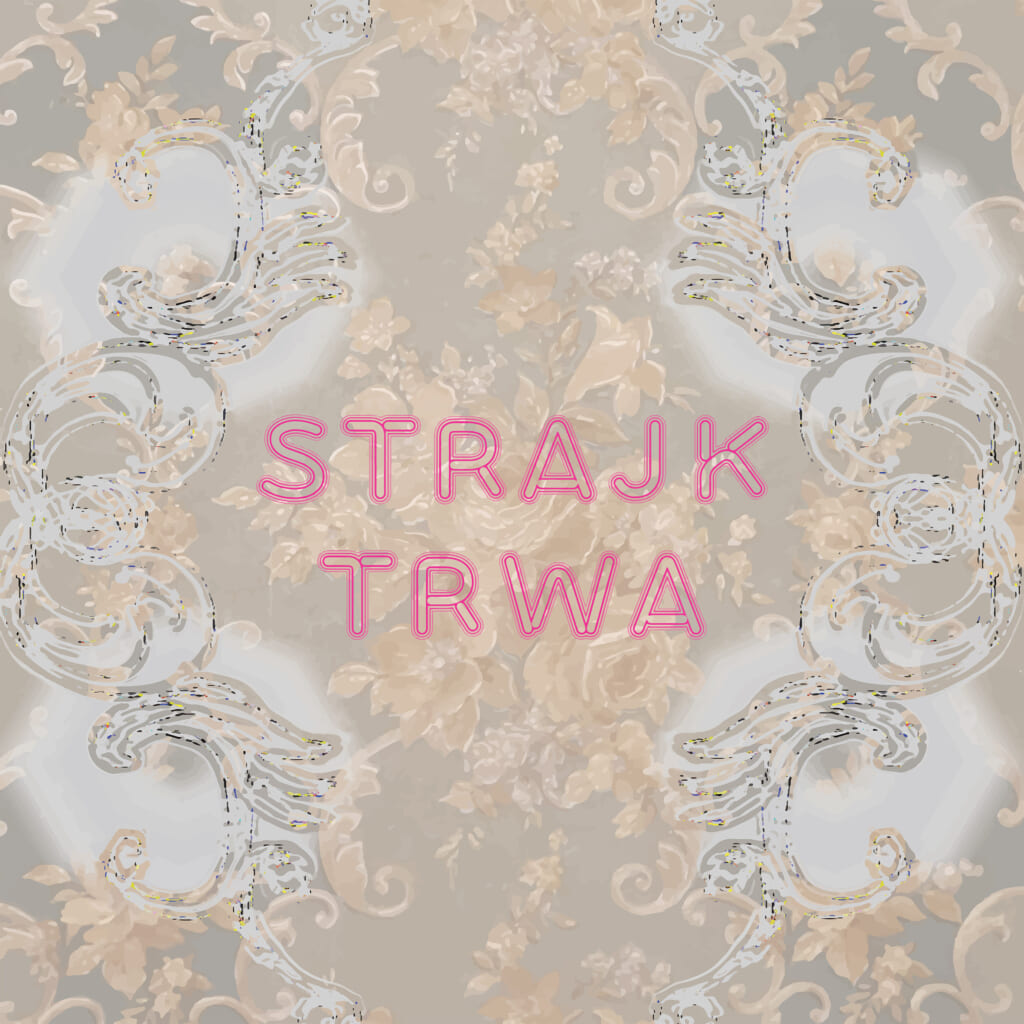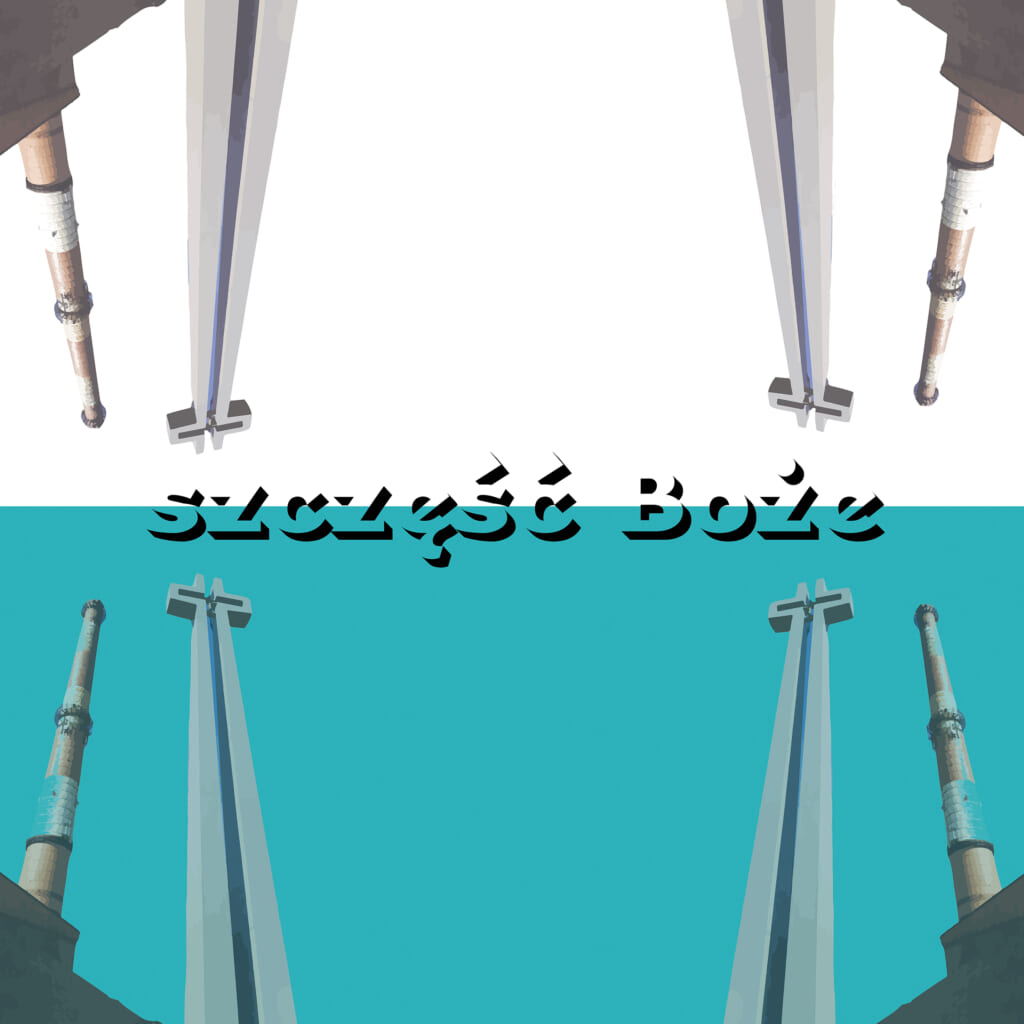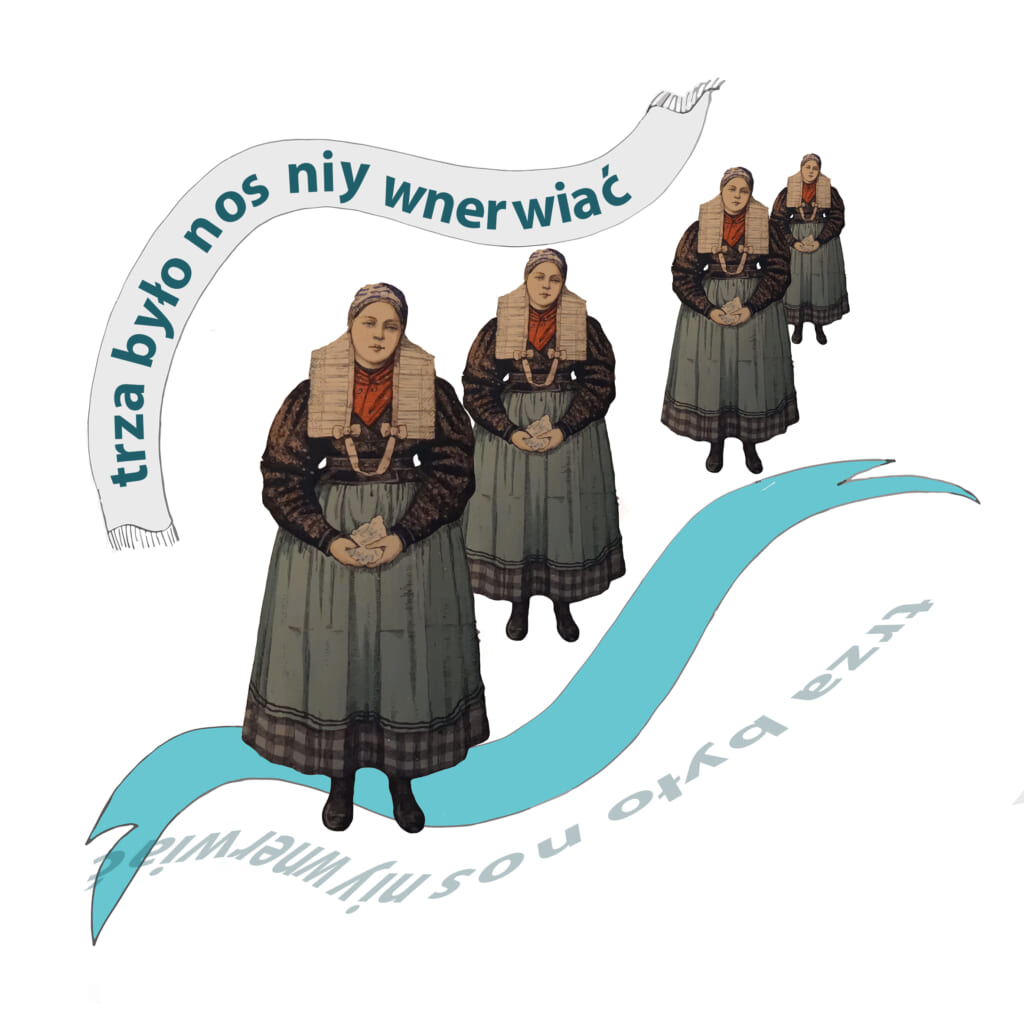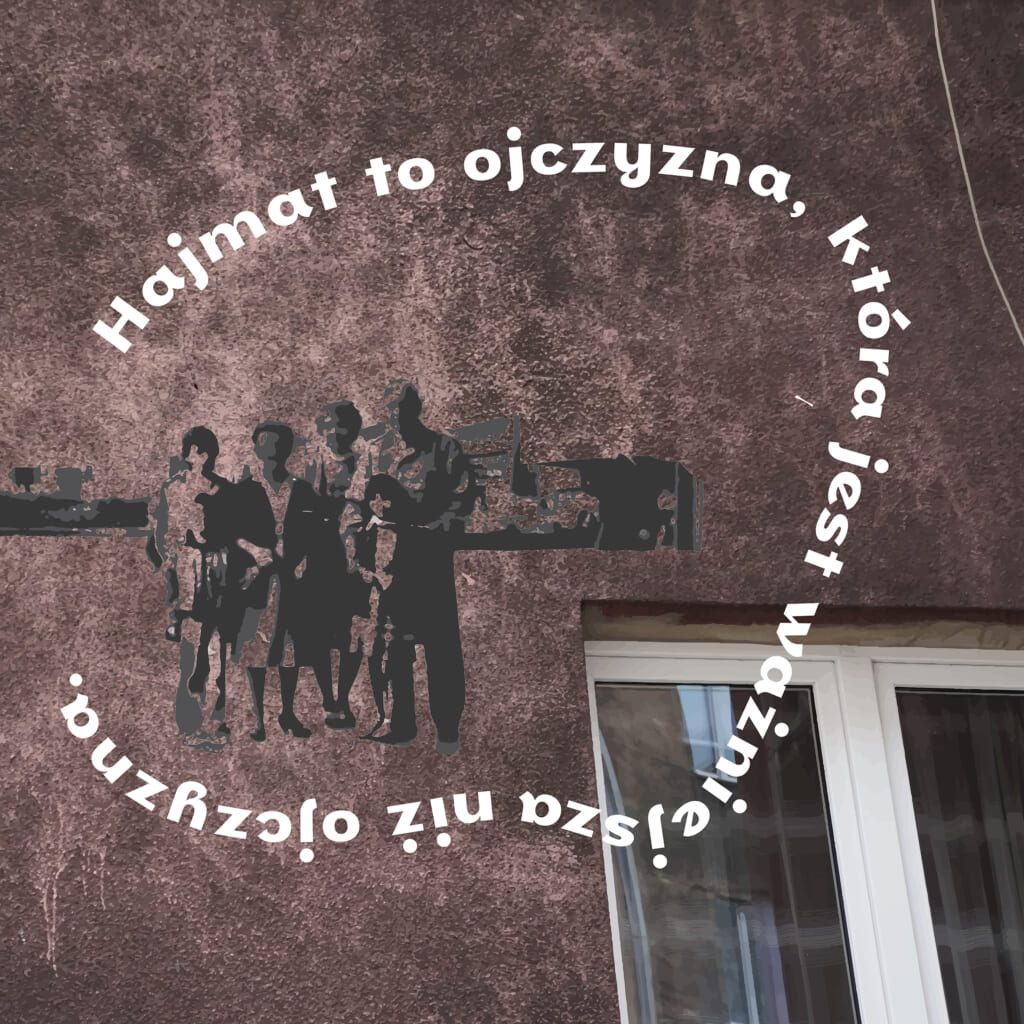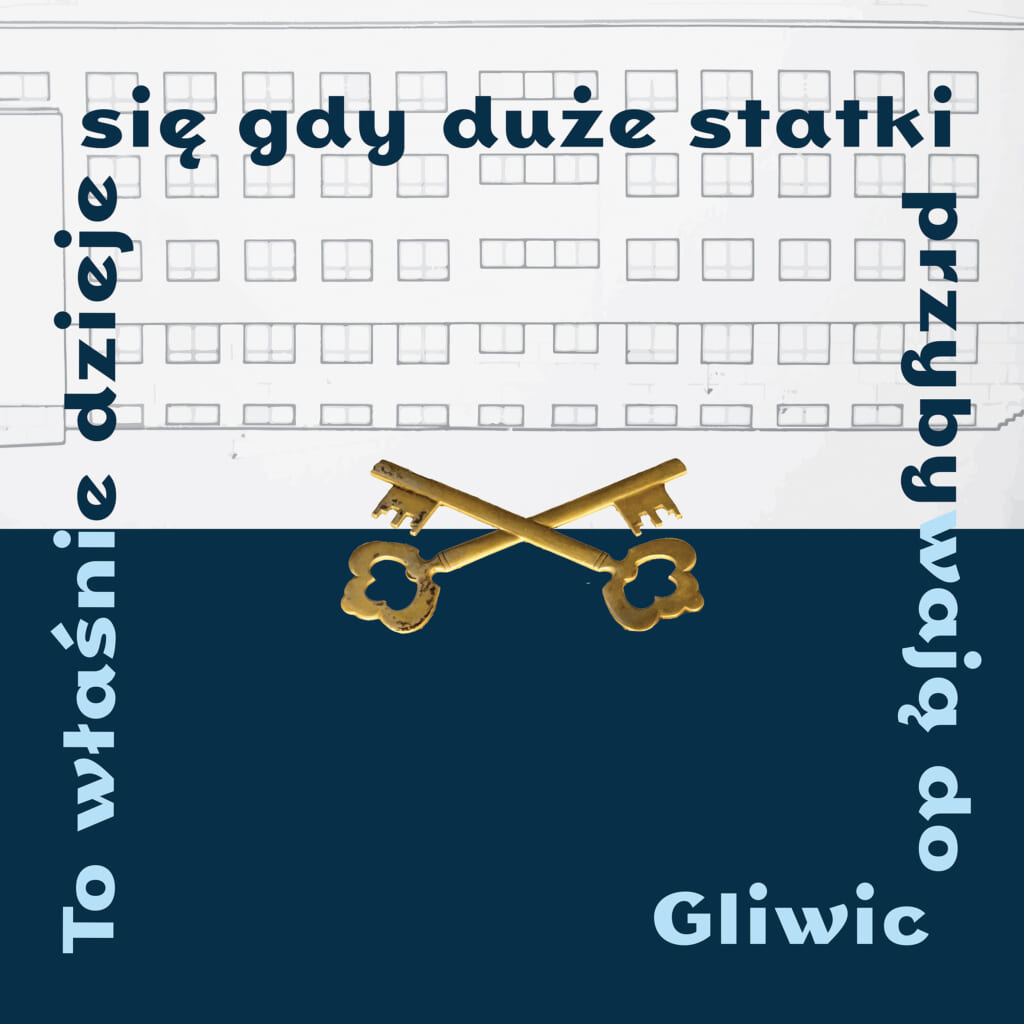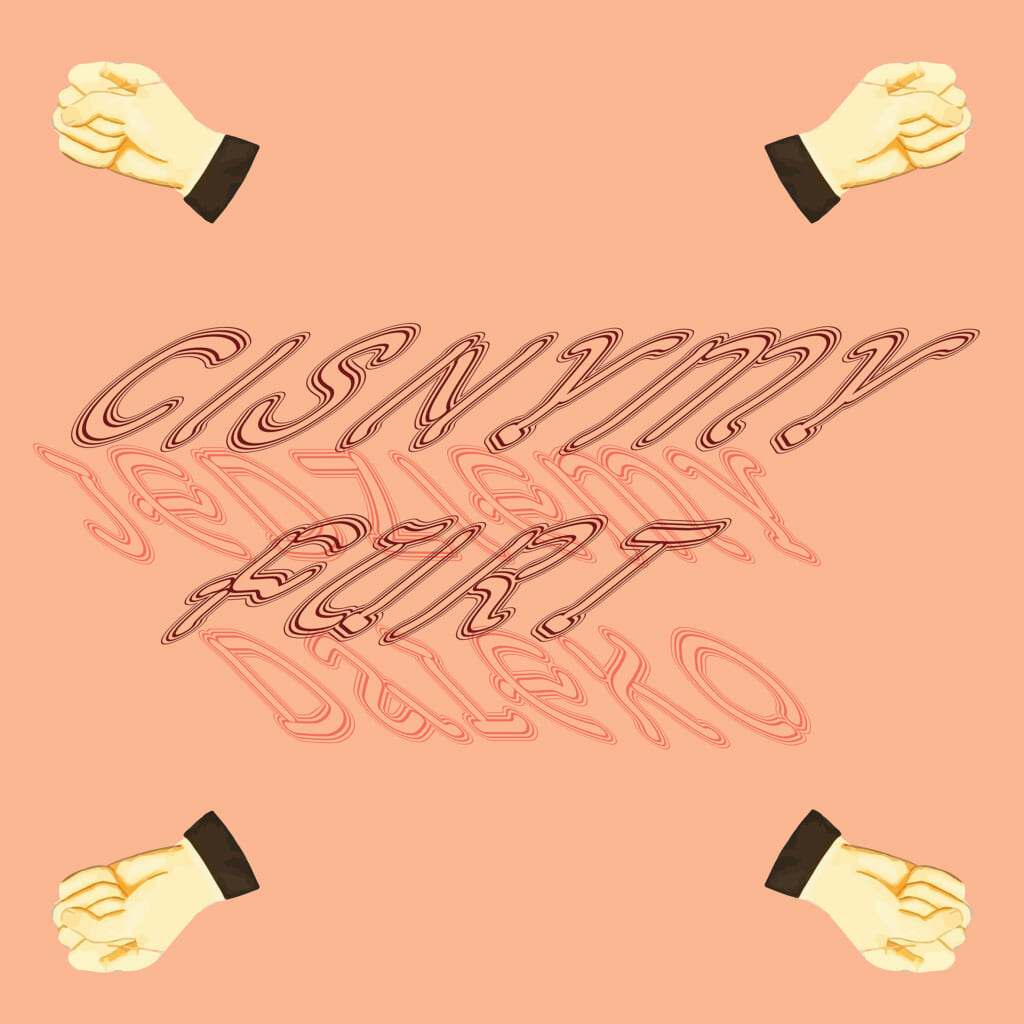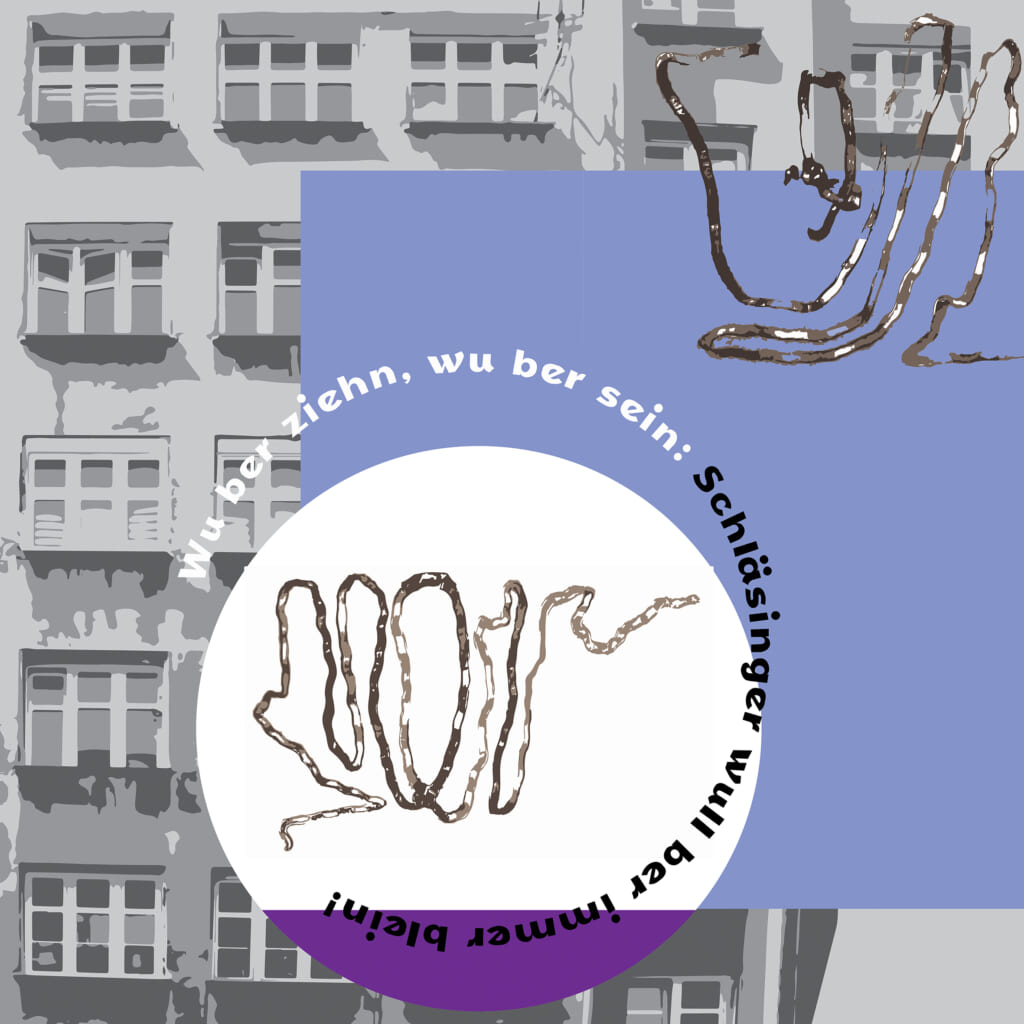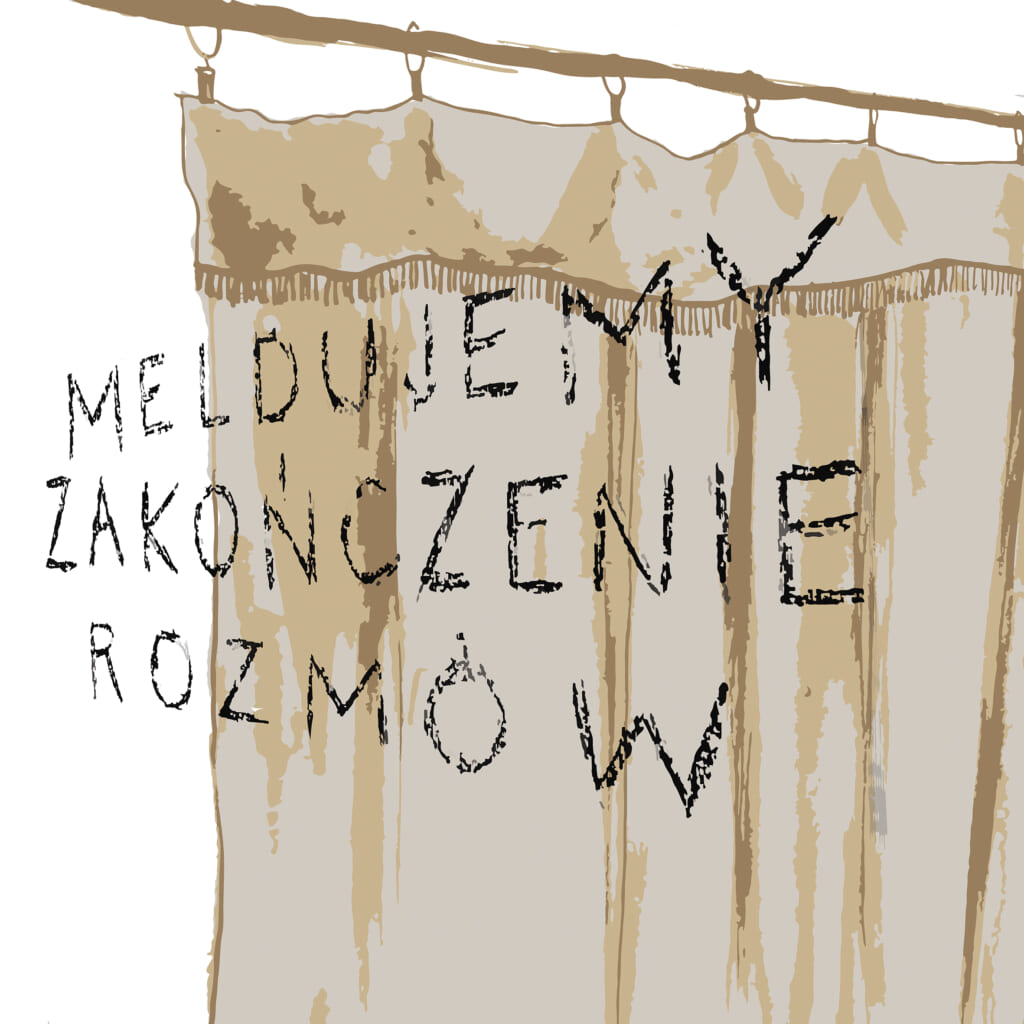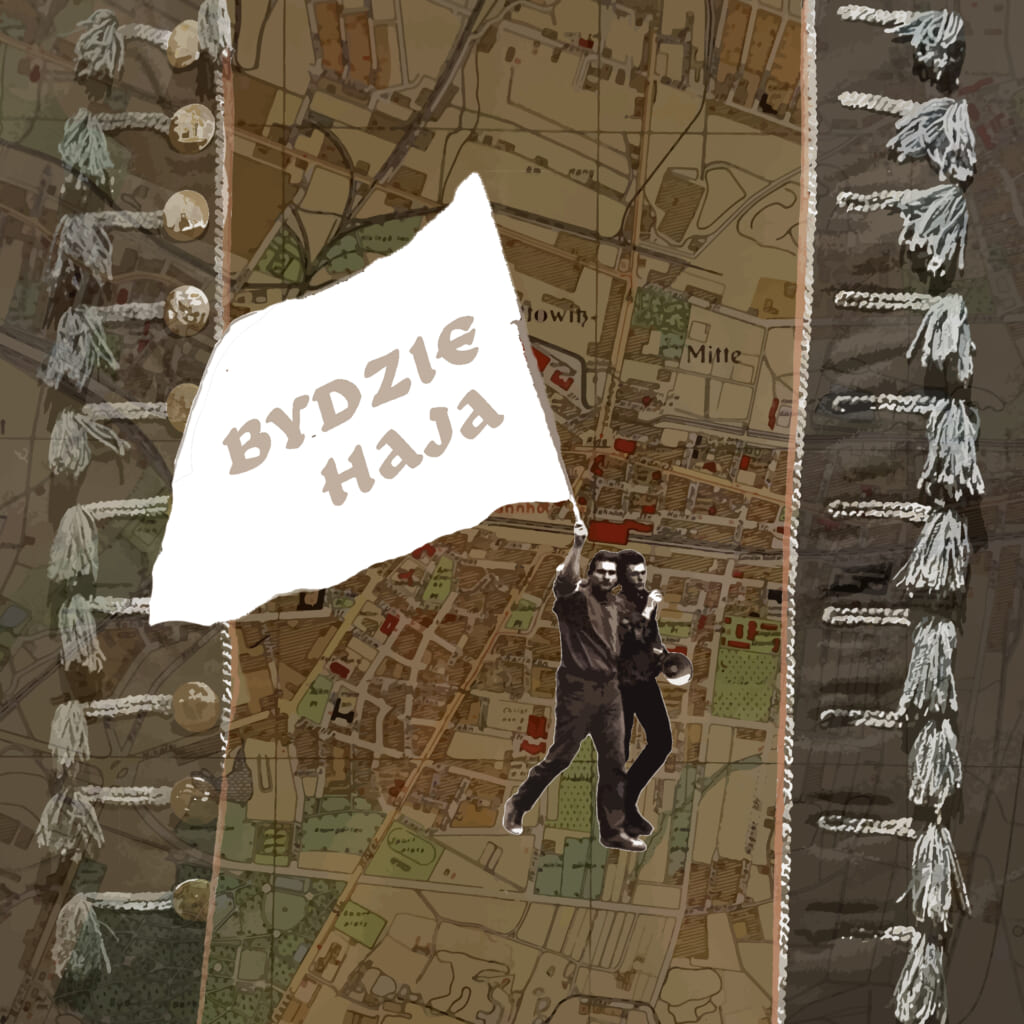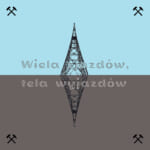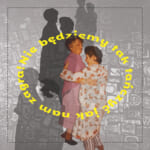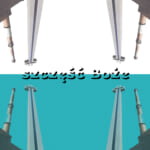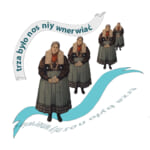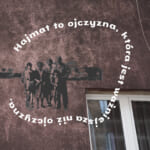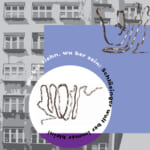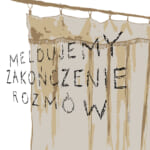cycle up residency
in cooperation with BoMiasto, Miasto Ogrodów and Goethe Institut
July/August 2024
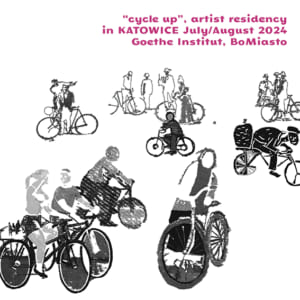
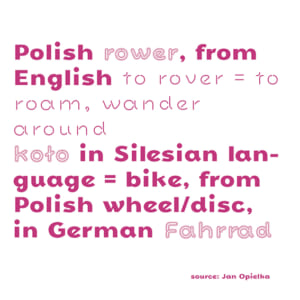
As a passioniste cyclist, I followed the invitation to the cycle up residency in Katowice with pleasure!
Using cycling as a method of research, of understanding the in between and ultimately, as a tool for transformation. I spent a month in Katowice, cycling, rovering around the area and learning about the history of Silesia, the mining culture and the transformation the region goes through (again). How to change from the mines to ecological ways of life? How to acknowledge history and identity without stopping changes to happen? How to think about the future of the region? And how to do research by bike, rovering around, going by koło?
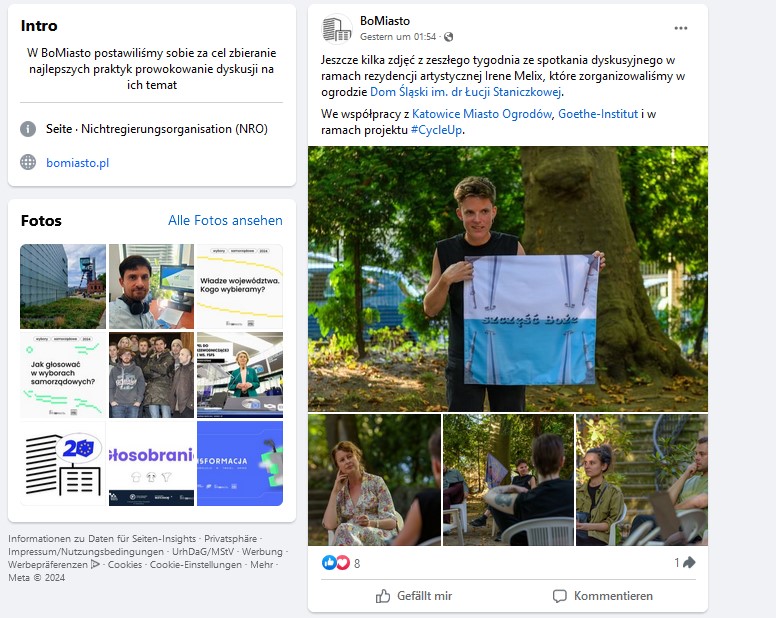
A talk together with artist Witold Szwedkowski was held on, 7.8.24 at 6pm in the garden of Domu Śląskiego.
https://www.facebook.com/events/1588526928361309/
A final event, a critical mass from Hałda Murcki to Nikiszowie, by bikes and with the flags that I created as an homage to the historical miners sztandary flags with local guide Grzegorz Franki had to be cancelled due to weather conditions, but might happen in the future.
Of course, I was cycling back home from Katowice to Dresden after the residency.
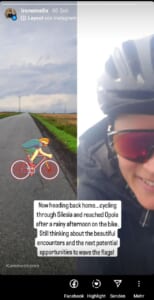
My thanks go especially to Kuba, Oskar, Sebastian and Natalia for welcoming me in Katowice, Adele for the organization and everyone else from BoMiasto und Katowice Miasto Ogrodów who made the residency possible. Special thanks also to the Museum Historii Katowic, Joanna Tofilska-Dzióbek, who gave me access to their sztandary/ flags in the archive. Thanks to Grzegorz Franki for the readiness to share his knowledge. Thanks to Geothe Institute!
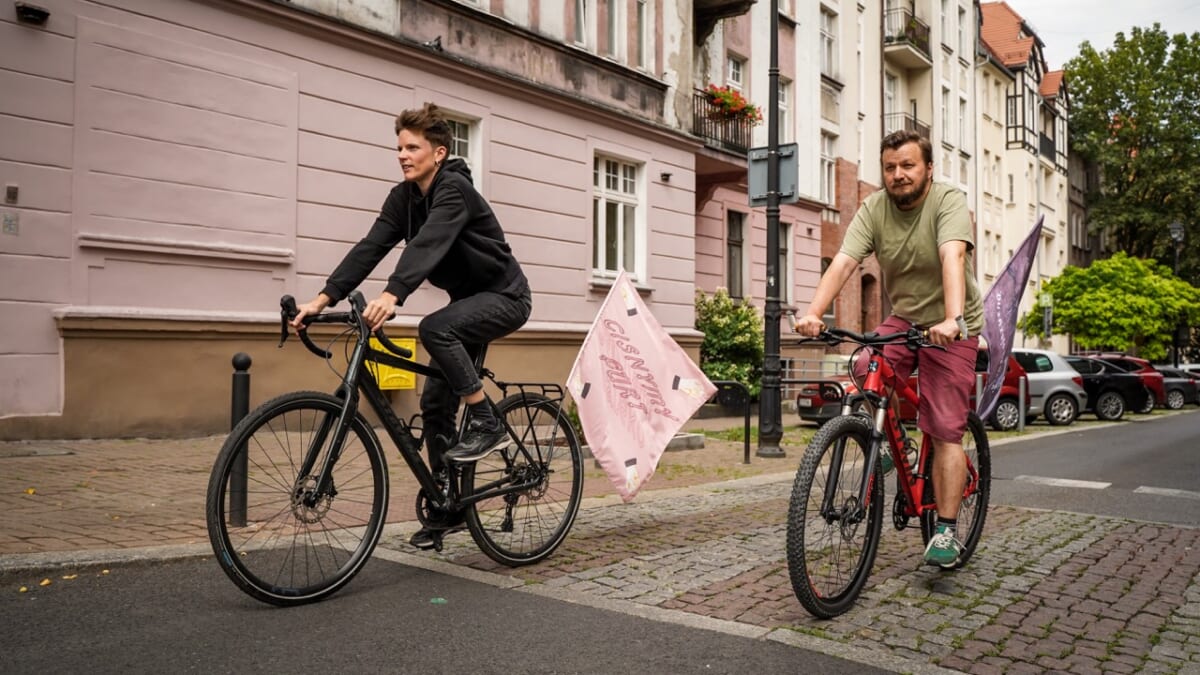
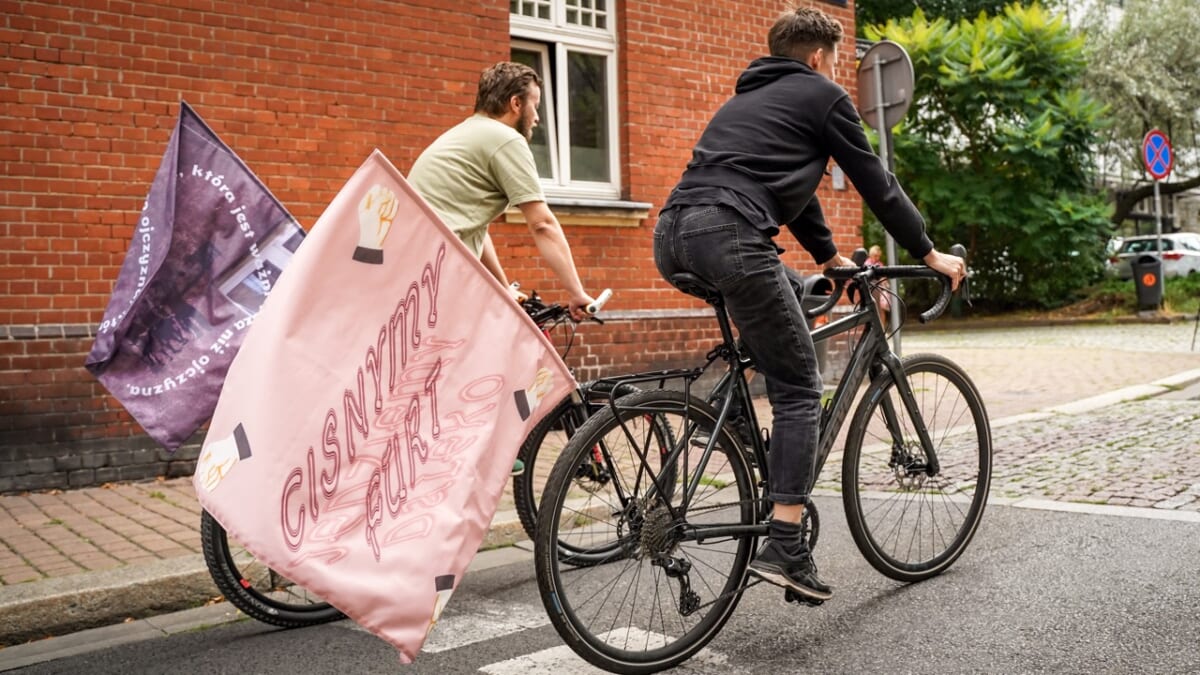
https://www.facebook.com/bomiasto/
https://katowice.naszemiasto.pl/w-katowicach-zainicjowano-projekt-ktory-laczy-rowery-i/ar/c1-9770315
In the film, a person in a portrait with short brown hair, a silver earring and a black sweater speaks first. “Irène Mélix” is shown below her and a line in Polish. There are flags in the background. Then a person with a green T-shirt and short brown hair speaks, “Sebastian Pyplacz” appears in the fade-in. Further cuts show various people dressed in summer clothes looking at flags attached to the back of bicycles. At one point, Iréne Mélix holds a flag up to the camera which reads: “Meldujemy zakonczenie rozmow”. At the end of the film, the people shown ride along the street on bicycles, the flags waving in the wind.
